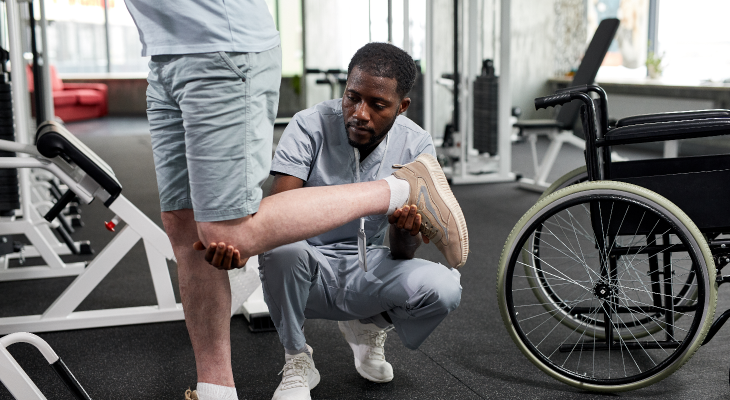Join Infinity Rehab in honoring Black History Month. The origins of Black History Month go back to 1915 when Carter G. Woodson and Jesse E. Moorland founded the Association for the Study of Negro Life and History (ASNLH) (now known as the Association for the Study of African American Life and History (ASALH) to promote the achievements of Black Americans. In 1926, the first weeklong event was held, and through the efforts of many activists and leaders during the Civil Rights Movement, the celebration evolved to a month-long commemoration that centers around the many stories, history, and contributions of Black communities.
We recognize the experience of our Black colleagues and clients in this, and every month. We rejoice in the many achievements of the Black community and condemn injustices both past and present. We commit to educating ourselves and taking action to support the Black community, centering their stories and voices, and working for real change all year long.
We acknowledge that Black rehab therapy clinicians are vastly underrepresented in the fields of physical, occupational and speech therapy. Despite 12.4%[i] of the total US population identifying as Black, they make up only 5% of licensed physical therapists[ii], 2.7% of PT school students, and 4.4% of registered occupational therapists4. Of the 175,000-plus ASHA-certified speech-language pathologists, 4% identify as Black or African-American5.
What’s behind this discrepancy?
There are many factors that contribute to this and include lack of representation in each field, barriers to access the educational pipeline, systemic barriers within higher education institutions, high tuition costs, and mistrust in the healthcare system due to historic and current injustices and inequities.
How does this affect the quality of care given to Black patients?
Rapport, trust, and mutual respect are essential components to a patient’s experience. Studies6 show that implicit racism and bias in healthcare is persistent and acts to widen the disparities in quality of care between white and minority patients. We know that patient outcomes are better when patients feel comfortable with their providers. When provider demographics better match the community population, access and quality of care is improved.
What can we do differently?
- Educate ourselves on the history of race, social determinants of health, and healthcare. Through self-education, reflection on our own biases, and commitment to change, we can increase our understanding of the complexities that contribute to a patient’s experience. Below are a few links to resources.
- Support our Black colleagues and students to increase diversity in our professions. Here are three organizations that are working to promote improved access, support Black practitioners, and create opportunities for Black communities. Each have scholarships to support Black students. Follow the links to donate and work to reduce barriers to entry into professional degree programs.[iv]
- Support Black-owned businesses and services to promote financial growth and increased spending power in Black communities. This helps communities to thrive and increases access to resources, food, education, and healthcare opportunities.
__________________________
[ii] APTA Member Demographics Survey 2016
[iii] American Counsil of Academic Physical Therapy 2016
4HRSA estimates from American Community Survey 2011-2015.
5American Speech-Language-Hearing Association. (2021). Profile of ASHA members and affiliates, year-end 2020. www.asha.org
6National Center for Biotechnology Information 2021







